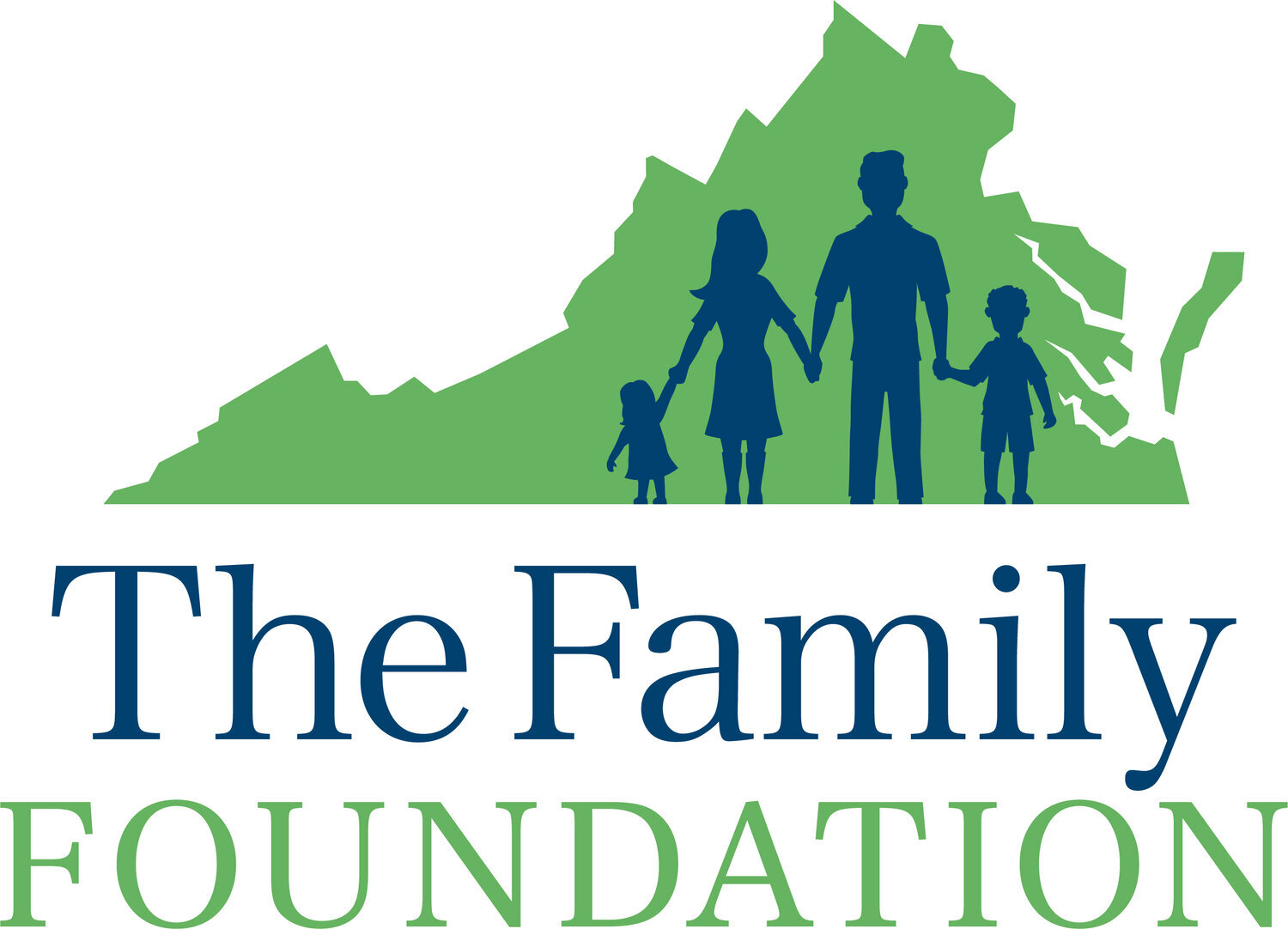What’s So Special About Special Session?
When the General Assembly convenes next Tuesday, August 18 for a Special Session, the biggest story may not be the budget adjustments to mitigate the economic impact of Covid-19, criminal justice reform measures, or even decisions over in-person learning for students. The biggest issue could be HOW the Democrat-controlled General Assembly and Executive branch conducts the Special Session.
The Commonwealth is abuzz with rumors about what’s actually going to happen Tuesday when the Senate returns to the Science Museum and the House of Delegates meets at Virginia Commonwealth University’s Siegel Center. Some of the details we’re hearing about are raising some major red flags. Here’s what we’ve heard so far:
No members of the public will be allowed at the Science Museum or the Siegel Center to watch legislative proceedings – not even registered lobbyists.
Committee meetings to hear bills will all be online only, with no ability for lobbyists or the public to speak with the legislators one-on-one.
All legislative actions in the House (and presumably in the Senate), including bill amendments, will be done electronically, with no paper copies of bills being provided.
Members of the House have been advised to make sure all electronic devices (laptops, iPads, phones, etc.) are fully charged because there will be limited capability to charge them while on the basketball court floor of the Siegel Center.
Members of the Senate (and possibly the House) will only be allowed to introduce up to three bills.
While some of these are the result of holding a legislative session away from the Capitol and purportedly to prevent the spread of the coronavirus, there’s still plenty of reason to be concerned not only because of the inefficiencies but also given the lack of transparency we experienced during the 2020 regular session and under Governor Northam’s administration.
Throughout the 2020 regular session, committee chairmen significantly limited public testimony, stifled debate, and sought to undermine the parliamentary procedures at every turn. For example, House Majority Leader Charniele Herring attempted to add a bill that stripped out important abortion restrictions to the docket in the late afternoon—just an hour before the committee meeting. This was an extraordinary move, since dockets are published online for public notice at least the night before.
Governor Northam has also built a strong reputation of being less than forthcoming with important information related to the coronavirus. As coronavirus cases began to increase in Virginia nursing homes, the Governor refused to release information on the facilities that were experiencing outbreaks to the media before he eventually relented. In an article by the Virginia Mercury, the Northam Administration has also refused to provide data on “COVID-19 hotspots,” hospitalizations and outbreaks in certain localities with poultry plants.
But nothing may illustrate Governor Northam’s lack of transparency more than his refusal to release an un-redacted Inspector General’s report that found the Parole Board had violated state law and its own procedures when it released a man convicted of shooting and killing a Richmond police officer. Were it not for the outcry from the public, press and Republican lawmakers, we may never have learned what the Inspector General’s report said.
These are challenging times for Virginia, and this special session will be critical for strengthening the state’s economy, providing the necessary resources for schools to reopen in-person, and seeking limits on executive powers during a state of emergency.
Despite the many built-in challenges of transparency, we will be carefully monitoring everything that happens and update you with any important developments.
